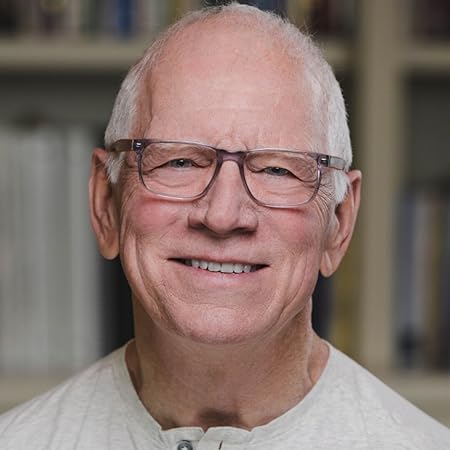Some would have you believe that different generations are now hopelessly out of touch with each other. But that’s just nonsense. Cultures change, but the core affections of the human heart never change. We all want the same things and have the same struggles. That’s why any man—from eighteen to eighty—can read the book of…

LESSON 12 OF 13
20 min read
Membership Required
This content is only available to members. Please join to access this content.
Continue the Series
This series focuses on redefining and rediscovering true biblical manhood in today's world. It explores how men can align their lives with God's design, overcome cultural misconceptions, and build strong, godly character. Through practical teachings and scriptural insights, men are encouraged to grow in their faith and leadership roles.
-
Sleeping Giants: Millennials, Boomers, and the Future of Men in the Church
-
IDENTITY: 5 Things You Get to Say About Yourself
-
PURPOSE: You Were Made for This!
-
DATING, MARRIAGE & FAMILY: On Being a Baby Daddy
-
Career Guidance for Baristas, Bankers, Fathers, and Friends
-
Pursuing Life-Preserving Friendships
-
Submit To God’s Role in Your Family
-
Re-Constructing Your Faith
-
A Man’s Pilgrimage in the 21st Century
-
Reconstruct How You Treat People

